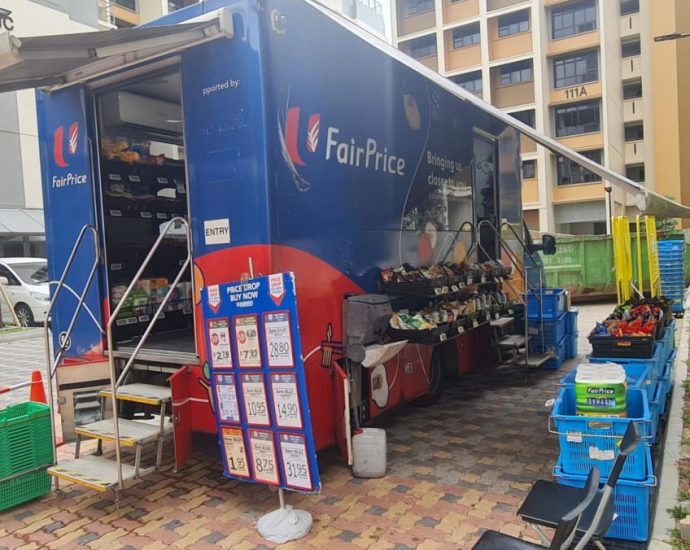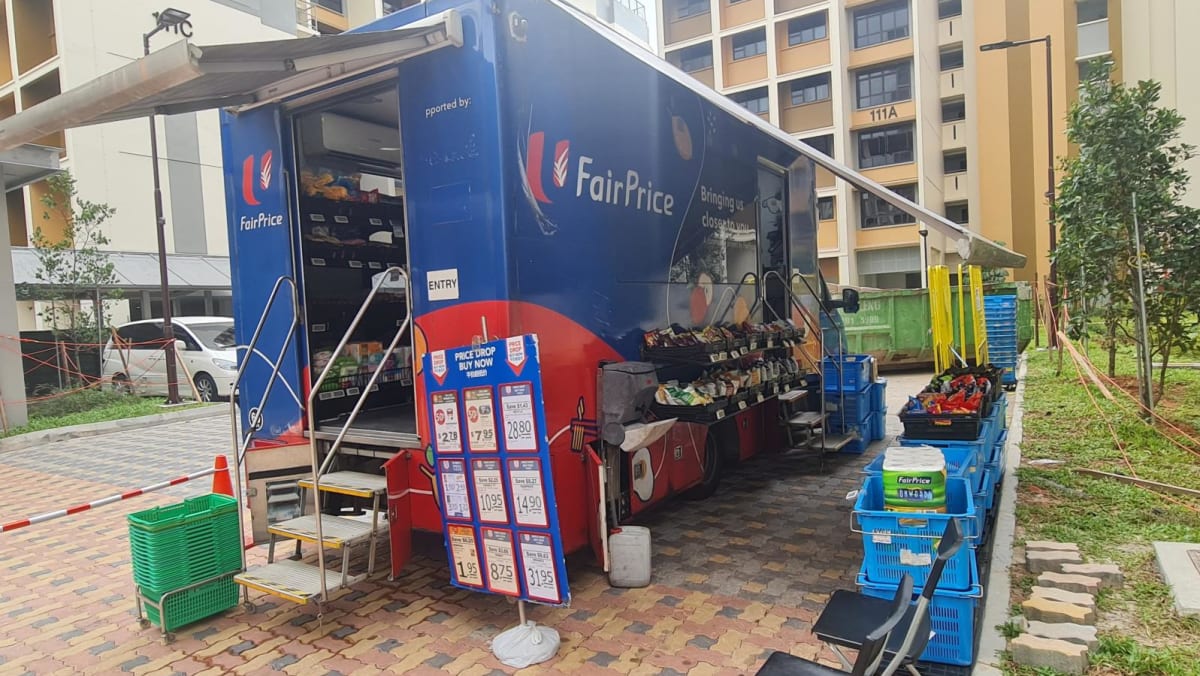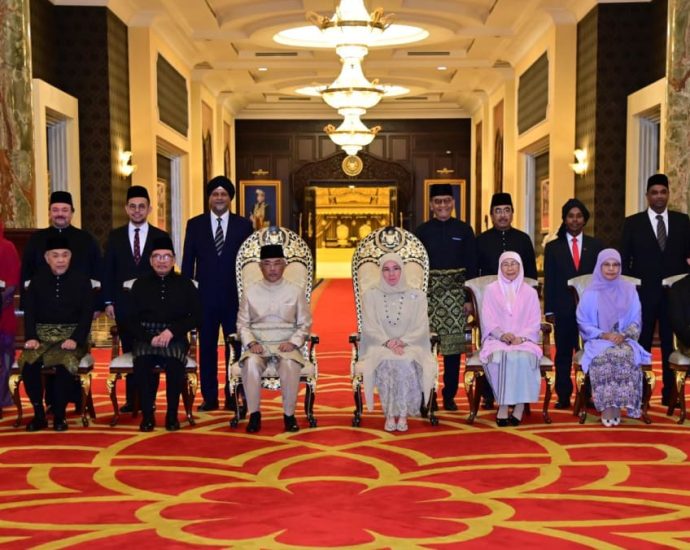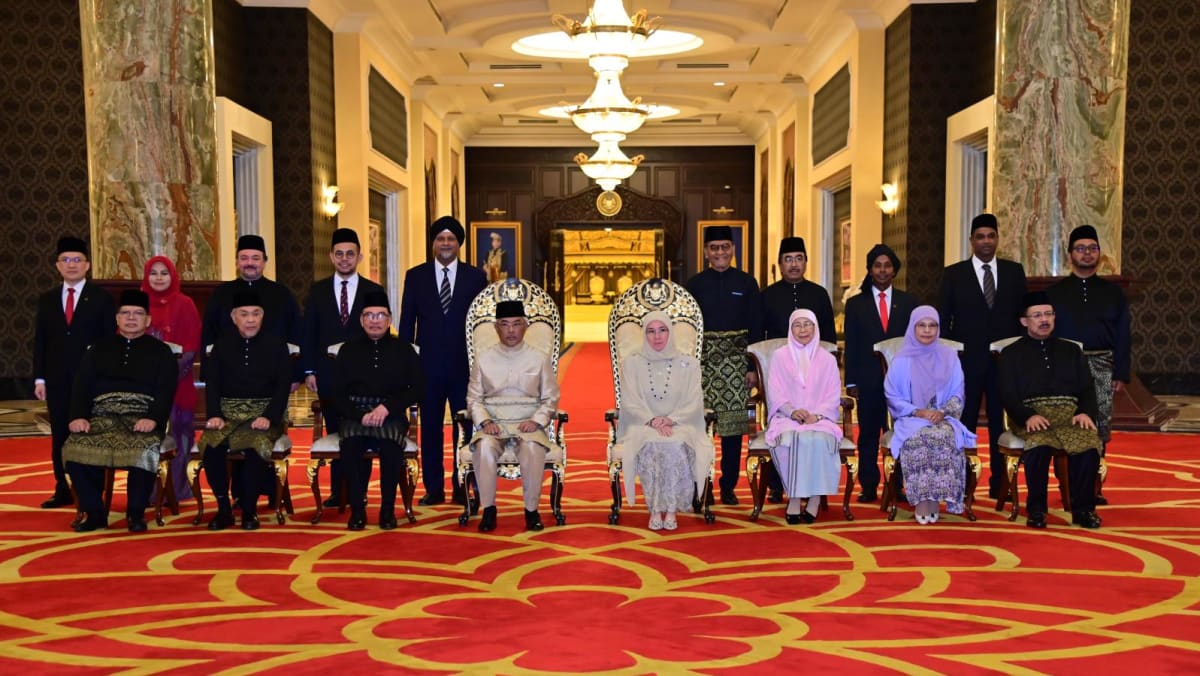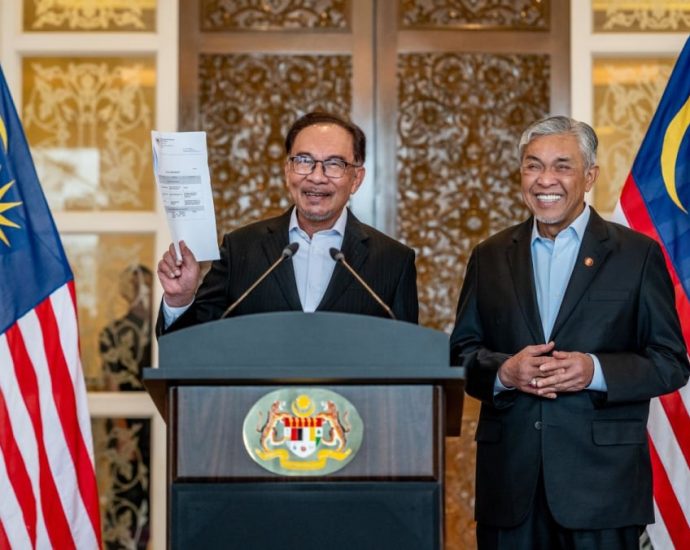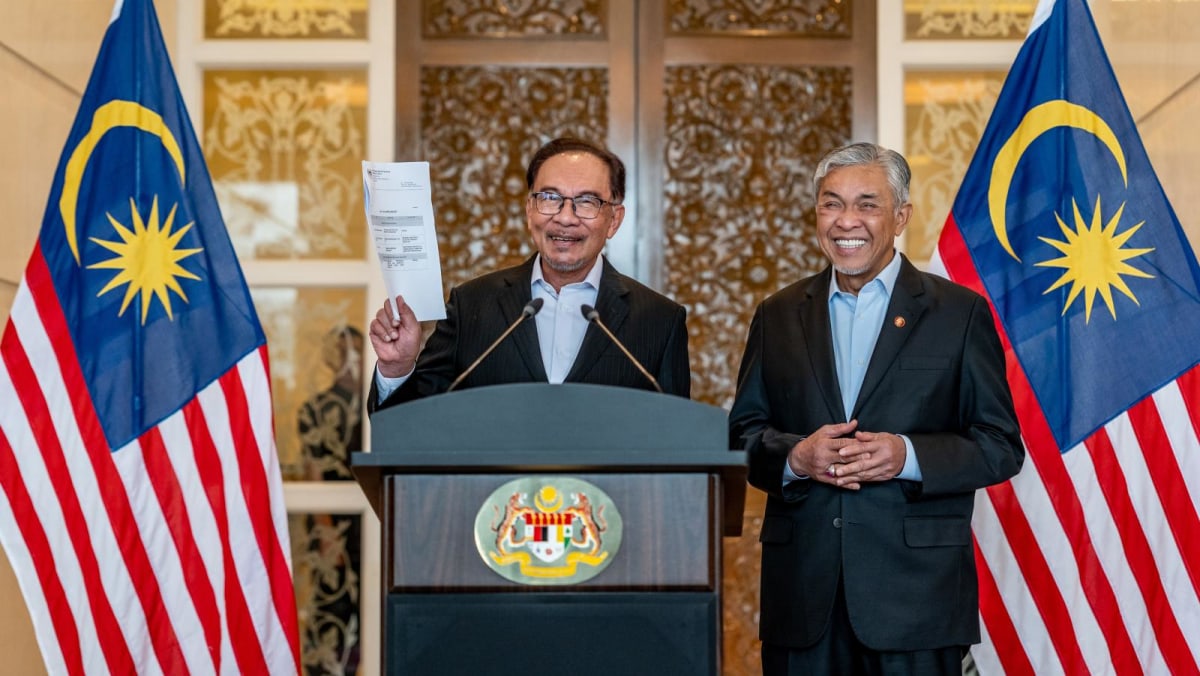Meet Shirumimi, a Singaporean cosplayer who balances the modesty of her hijab with her love of anime

Ever attended events like Anime Festival Asia, Japanese Cultural Festival or Singapore Comic Con? If yes, you’d have seen the throngs of people who creatively bring characters from film, television, books or Japanese anime and manga to life by donning colourful costumes – they’re known as cosplayers.
Among these enthusiasts is a cosplayer who wants to be known as Nur Mimi. While the nature of cosplaying is to don a larger-than-life costume of one’s favourite character, this 25-year-old’s approach is unique.
She is a hijabi cosplayer who goes by Shirumimi.
The hijab is based on the religious concept of modesty, seen in the headscarf or headcover and modest clothes that Muslim women wear. A hijabi is the term for Muslim women who observe the hijab.
As a hijabi, when Nur cosplays, she keeps her hair and her body appropriately covered.
“Many anime costumes are known for being revealing,” Nur said. “But I’ve learned that they can be creatively reimagined to suit a hijabi style.”
A LOVE FOR ANIME AND CUTE CHARACTERS


